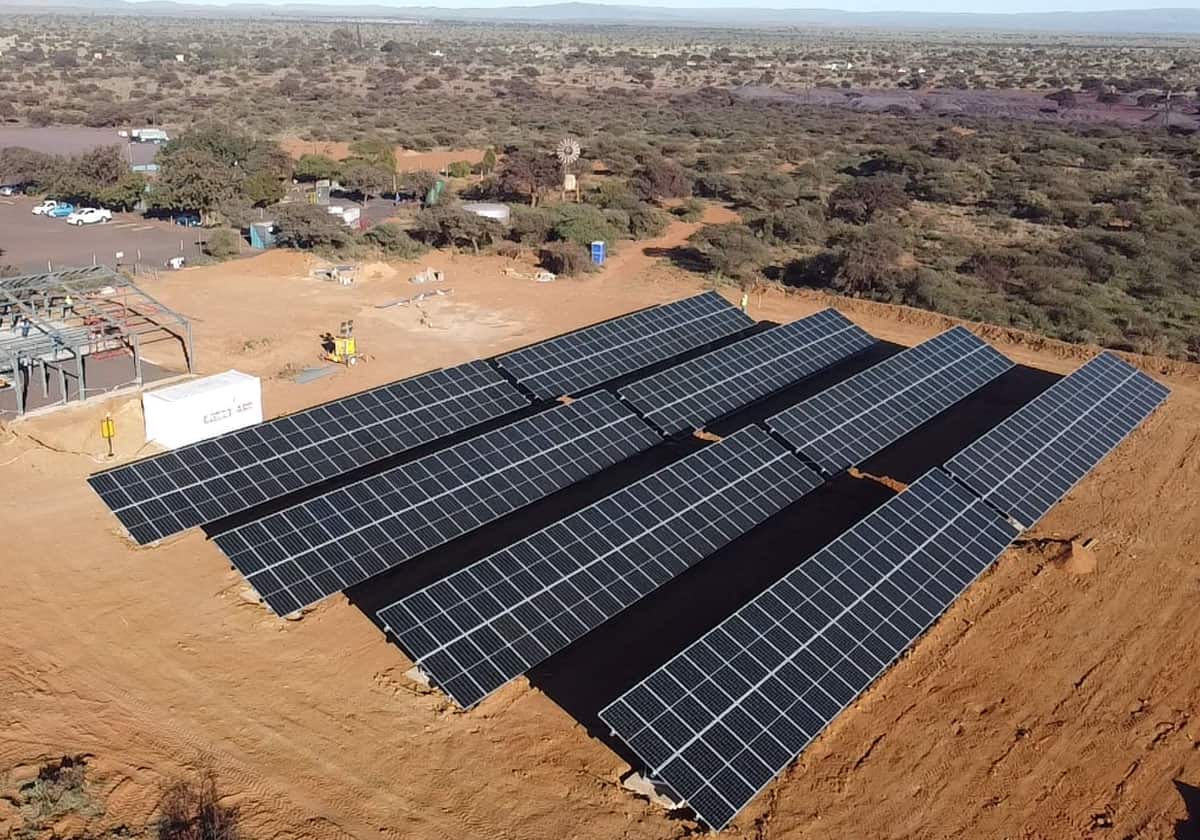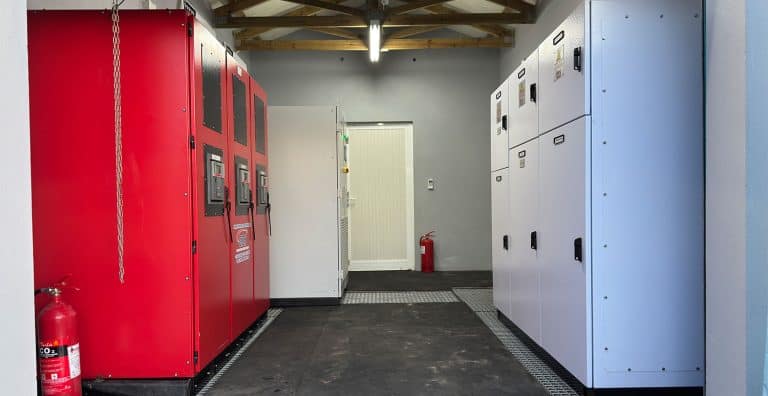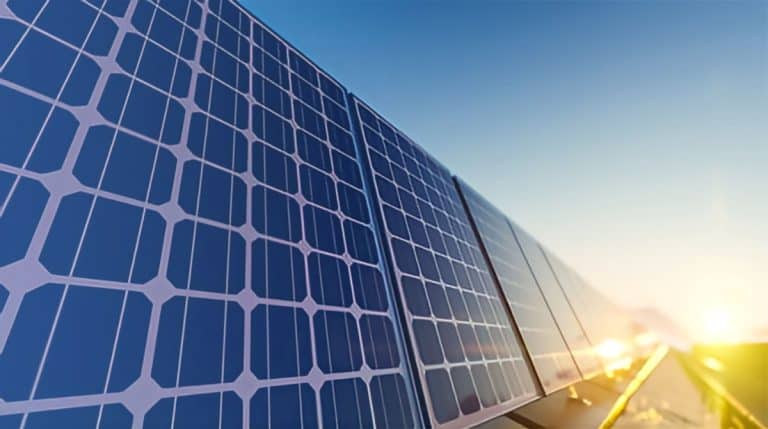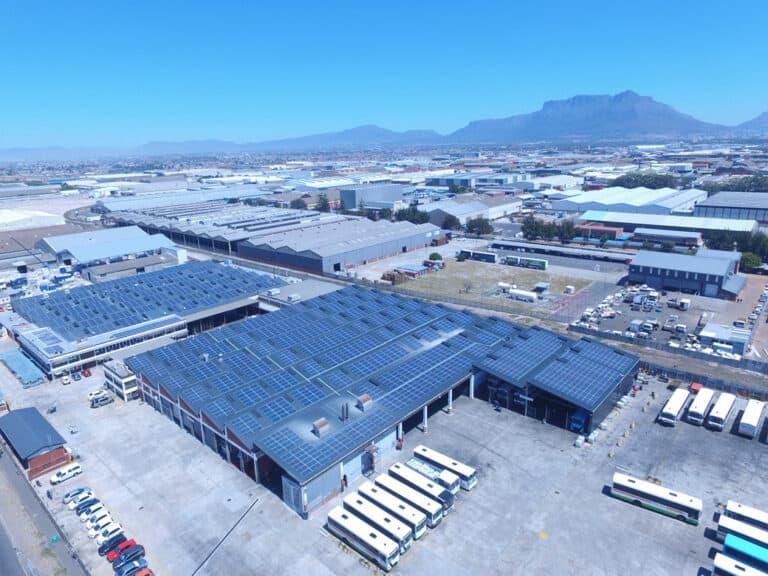How businesses and property owners can get the most from their solar investments
Across the African continent, the demand for reliable and sustainable energy continues to rise. As businesses and communities seek alternatives to unstable grid supply and rising electricity costs, solar energy has emerged as one of the most viable and accessible solutions. But while solar power itself is clean and renewable, the efficiency of a solar system can vary widely depending on how it’s designed, installed and maintained.
For companies, institutions and property owners looking to invest in solar, understanding how to maximise solar energy efficiency is key to achieving a strong return on investment and long-term energy independence.
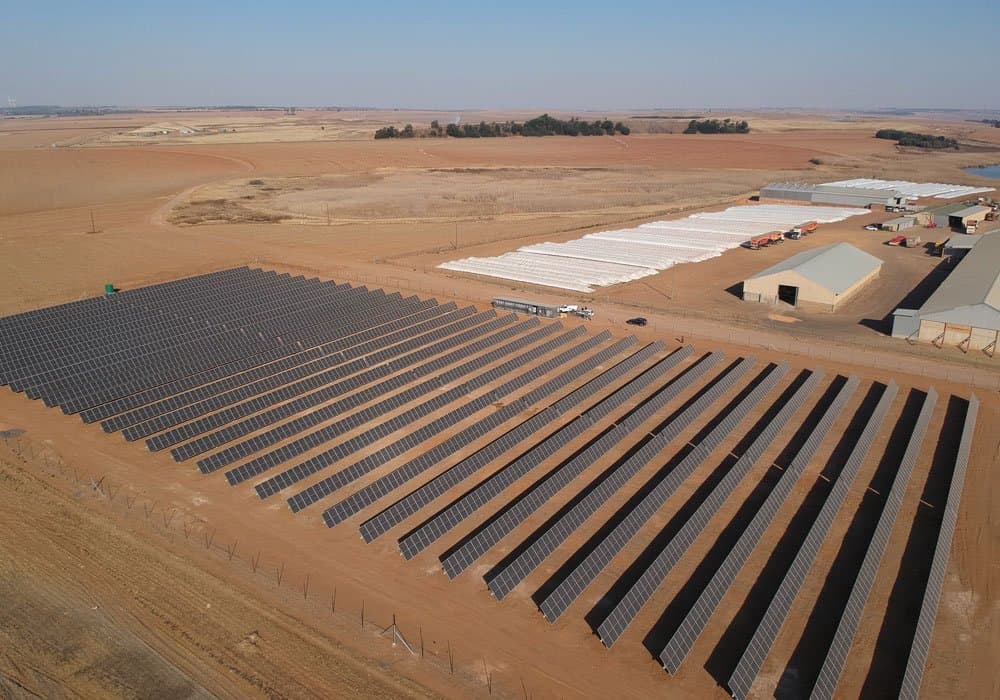
Why solar energy efficiency matters
Solar energy efficiency refers to how effectively a solar system converts sunlight into usable electricity. The more efficient the system, the more energy it produces from the same amount of sunlight, directly impacting savings, performance and reliability.
In Africa, where many regions enjoy high levels of solar irradiance, even a small improvement in efficiency can translate into significant gains over time. Efficient systems also require fewer panels to produce the same output, which can reduce installation costs and save on space.
Factors that affect solar energy efficiency
While Africa has abundant sunshine, several key factors influence how efficiently that sunlight is converted into power:
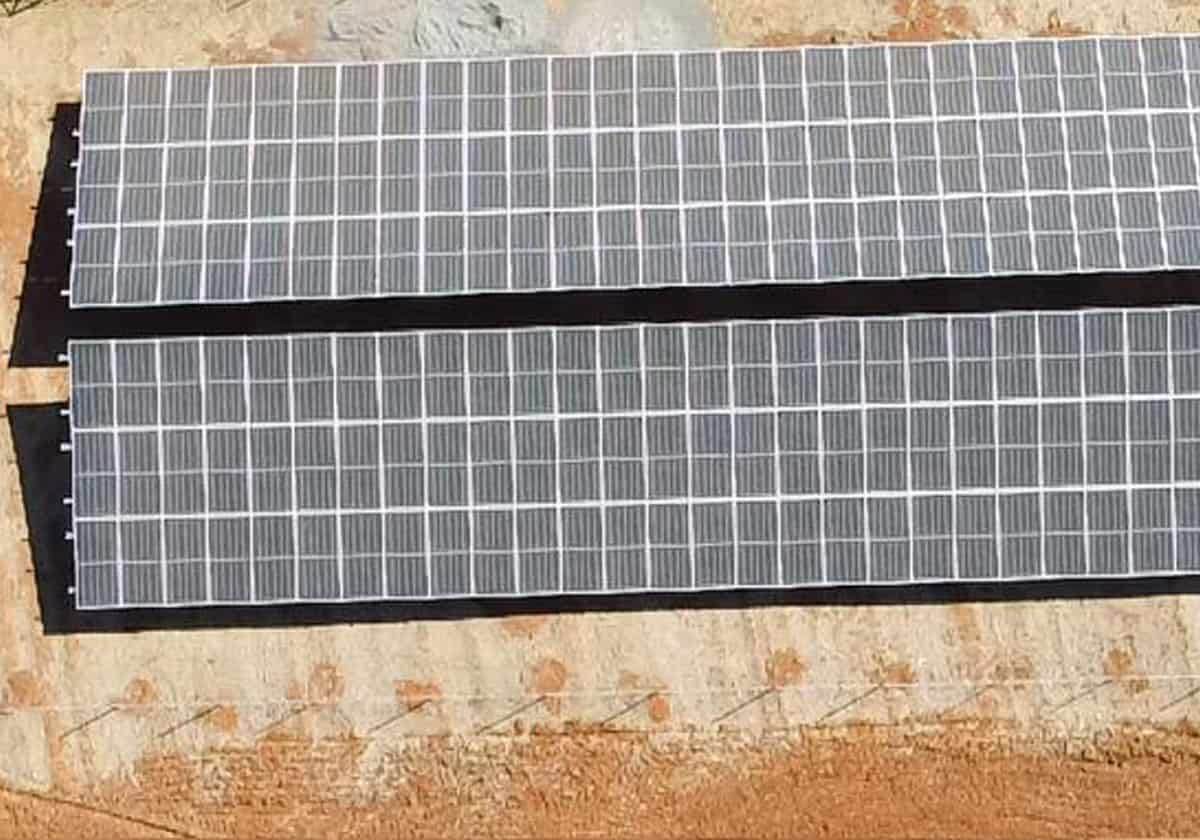
Panel quality and type
Not all solar panels are made equal. High-efficiency panels, such as monocrystalline modules, tend to perform better in high-heat environments and require less surface area to generate the same output.
System design
Proper system sizing and layout are critical. Panels must be positioned at the optimal angle and orientation to capture maximum sunlight throughout the year. Shading from nearby buildings, trees or even dirt can lower efficiency dramatically.
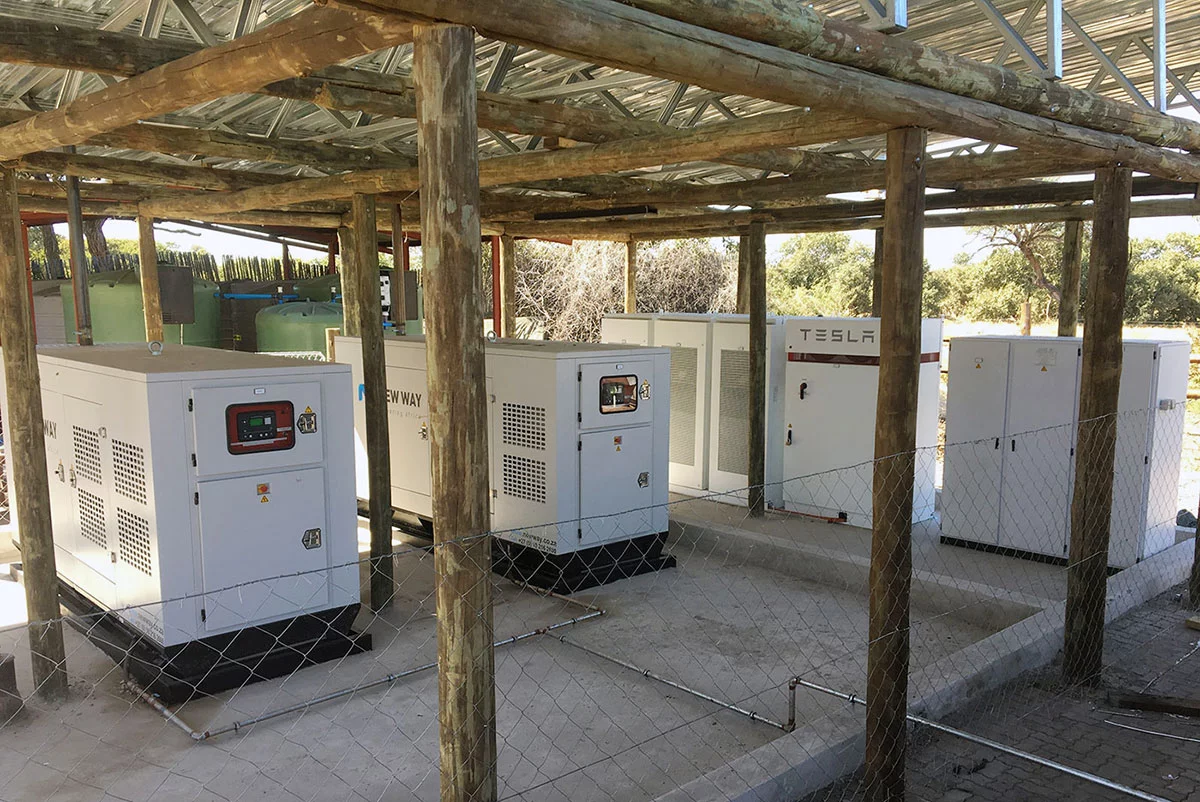
Inverter performance
Inverters convert the direct current (DC) from solar panels into usable alternating current (AC). Efficient inverters reduce energy losses during this process and can include smart features to optimise output.
Adding battery storage allows solar systems to capture and store excess energy generated during the day for use at night or during outages. Modern lithium-ion batteries have improved significantly in both efficiency and lifespan.
Maintenance and monitoring
Dust, debris and technical faults can reduce output. Regular cleaning and system monitoring help ensure the system is performing at its best year-round. View our operations and maintenance services here.
Designing for African conditions
To truly optimise solar energy efficiency in African environments, systems must be tailored to local conditions. This includes factoring in extreme heat, dust levels, seasonal rainfall patterns and local grid reliability.
Experienced solar providers, like New Southern Energy design systems that not only maximise output during peak sunlight hours but also withstand the demands of a hot and often unpredictable climate. Choosing a provider with on-the-ground expertise ensures that systems are not only technically sound but practically resilient.
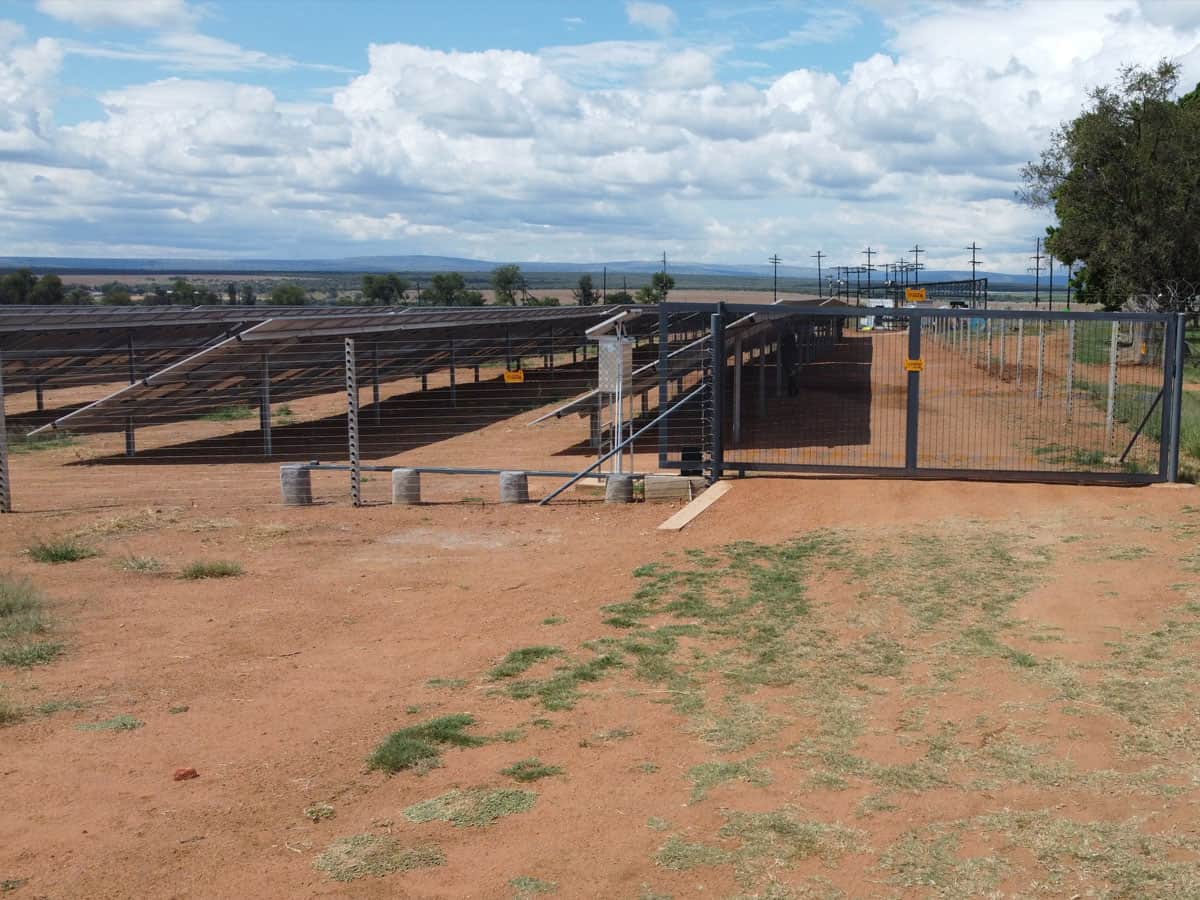
The business case for efficiency
Investing in a highly efficient solar energy system is not just a technical decision. It’s a financial one. The more efficiently a system runs, the faster it pays for itself through savings on electricity bills and reduced downtime from power outages.
In many African countries, businesses face growing pressure from rising electricity tariffs and unreliable supply. Solar energy offers an opportunity to reduce operational risk, lower overheads and position the company as a sustainability leader.
Governments and financial institutions across the continent are also beginning to offer support in the form of tax incentives, grants or green financing solutions, making solar projects more accessible than ever.
Looking ahead
As the solar industry continues to evolve, new technologies, such as bifacial panels, AI-driven energy management and smart grids, promise to take solar energy efficiency to new heights. For Africa, this progress is especially important, unlocking the full potential of its natural solar advantage.
Whether you’re managing a commercial property, industrial facility or public institution, the goal should be the same: to build a system that performs reliably, efficiently and sustainably for years to come.
Ready to improve your energy future?
If you’re exploring solar solutions, speak to a provider that prioritises efficiency, understands the local regulatory environment and designs systems for long-term performance. In a market where every kilowatt counts, efficiency is not a luxury, it’s a necessity.
Contact New Southern Energy today to discuss your energy future.


